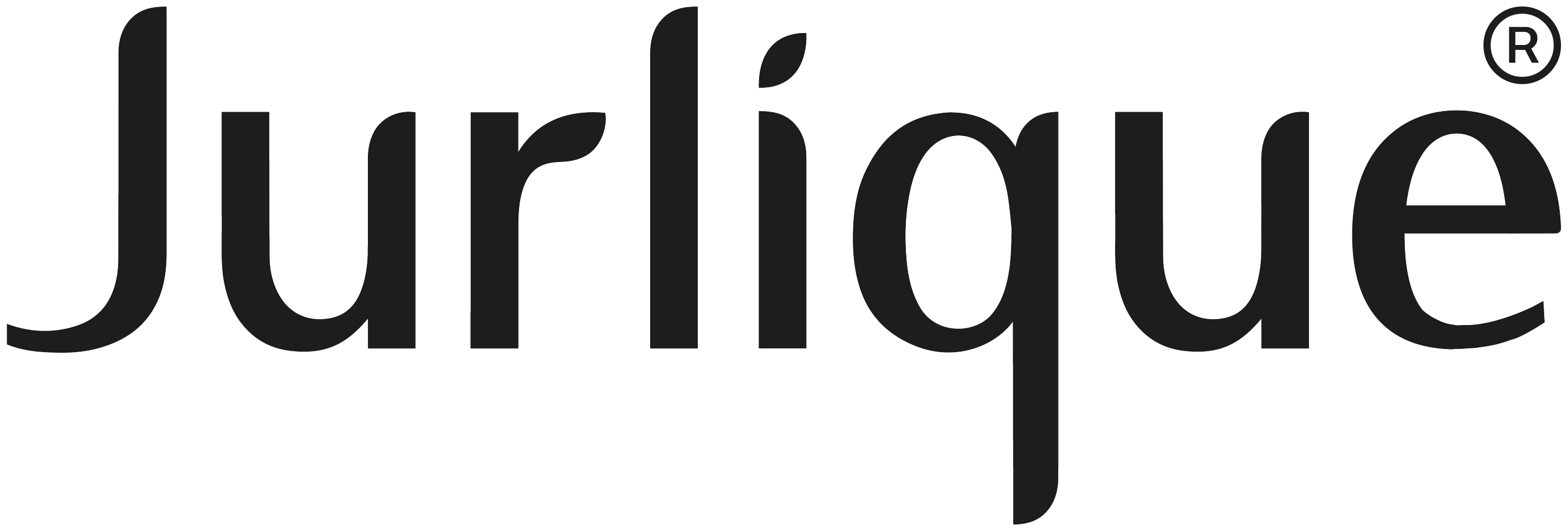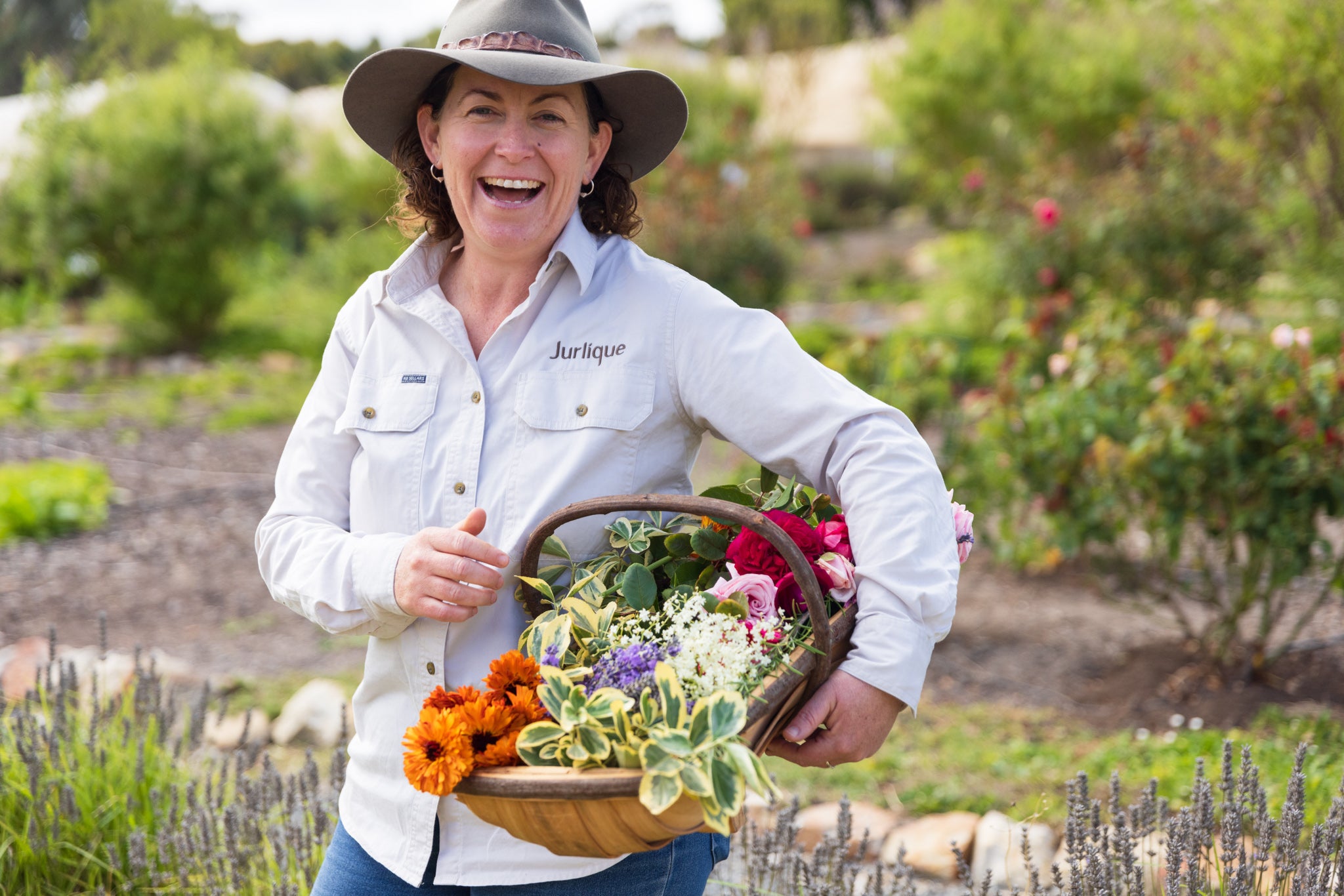In essence, mindfulness is about bringing your awareness and attention back to what is most important to you. Once you focus on what it is you do want, you can begin to create structures in your day-to-day life to interrupt, remove and retrain any self-limiting beliefs, and reduce any negative thought patterns.
If you’re feeling stressed, anxious, disappointed or angry, you may very well be stuck on the negative, fear-based part of your brain. Our goal is get you off that dizzying hamster wheel and into a more empowering place – one that allows you to see, feel and move toward what you most want. That’s when you’ll be mindfully taking responsibility to be more fully satisfied in life.
Being able clarify what you most want, define a goal, or even take a moment to clarify how you want to feel about something is all part of your brain’s clever ability to help you move towards what you want. But if you’re overwhelmed by the feelings created by the emotional part of your brain – the part that’s doing its best to protect you from the unknown, or worse still, anything in your past that felt less than great – it becomes very hard for you to see anything else other than a potential problem, threat or hardship.
If you’re wondering why some people always manage to achieve so much while seeming so calm and positive, it’s usually because they’re embracing all the support structures they have to clarify and build their vision, goals and plan. It’s more than likely that they’re also surrounding themselves with daily practice and/or people who support and inspire them.
Is your glass half empty – or half full?
Before we go any further, let’s see if you’re a ‘glass half-empty’ or ‘glass half-full’ thinker, keeping in mind that there’s no judgement here – only tools to build awareness of how you filter your thinking and outlook.
When something doesn’t go according to plan, do you:
Get caught up in the drama, talk about your problem to anyone and everyone, and feel hurt and grumpy?
Press pause and look for the opportunity in the situation?
In a challenging situation, are you more likely to:
Feel like something or someone has ‘done something’ to you?
See it as something you can turn into an opportunity to learn, grow, or think on your feet?
blog-15-supporting-img-623x313-v2
Focus: A family case study
I was recently gifted with a wonderful example of the different approaches we take when faced with challenges during a conversation with my kids, Jesse and Indigo, who could not be more different in their attitude towards life.
We were supposed to go on a surf trip up the coast, but due to a work deadline, I was forced to postpone. (Being the sole breadwinner means these things happen sometimes.) Overwhelmed by her disappointment, Indi hurled herself to the floor, and began listing all the fabulous places her friends had gone for the holidays.
She then began to list all the other missed activities, treats and anything else she could think of that would justify life’s harsh and unjustified treatment of her. She was determined, in case I’d missed the memo, to have me know just how much the situation sucked!
Jesse, the head surfer of the family, stood by quietly, and I wouldn’t have known the extent of his disappointment had I not noticed he’d sprung a silent little leak. A single tear rolled down his cheek, but he simply said, “Ok Mum, this sucks more for you than it does for us, because you’ve got to work most of the weekend. What else could we do to make this a fun weekend?”
I should add here that in response to my kids’ obvious disappointment, my own head was racing with thoughts like, “You’re such a mean mum…it’s so hard being a single parent and it’s so unfair…how did I get myself in this situation?” As a result, my heart was racing and my stomach was churning.
But as their guide and the adult in this difficult situation, I was aware of the need to practice what I preach. That required me to step out of the drama and frustration of the situation and back into the opportunity of it. This is where practicing mindfulness is key. I focused on what was most important to me as my starting point, and used that to anchor myself to teach my kids how to view everything in life as an opportunity.
I took a big, deep breath, picked Indi off the floor, sat Jesse down on the seat next to me and said, “We are all frustrated and we are all disappointed. But we all have a choice in how we deal with this. How can we take advantage of being in Sydney for the weekend and that I will have to spend a portion of the weekend working. How can we turn this into something fun?”
Indi immediately focused on what she COULD do over what she couldn’t do or have, and it completely shifted her thinking. She was suddenly excited, specific and proactive in calling out her heart’s desire.
“Okay, Mum: how about you work until lunch time and then take us ice skating and then to see a movie and then you can carry on working when we’ve gone to bed!”
And there, in a shift from one point of focus to another, my little storm cloud of a daughter turned into a ray of sunshine. Although I’m not sure I came out on top, it still seemed to me a win-win situation – because if I wasn’t self-employed and my own boss, the flexibility I have to make these kinds of adjustments wouldn’t exist. At least, that’s how I chose to see it.
It’s all about focus
At the heart of my little share is that it’s ALL about where you place your focus. Indi’s brain, in her state of disappointment, was referencing everything she didn’t have. This left her feeling helpless, powerless and frustrated.
But by defining something you DO want versus something you don’t, you suddenly insert yourself back in a power position – and back to your rightful place in the driver’s seat. The ensuing release of endorphins will have you feeling excited and clear about what you need to do – and you’ll be motivated to take the steps toward what you most want.
Your brain, with the clarity of a specific target point on the horizon, understands that you know exactly where you want to go – even if you don’t quite know how to get there.
Explore the Jurlique Mindfulness Challenge for tips, tools and a step-by-step plan for transitioning from mindful-mess to mindfulness. Download the Jurlique X Vashti Whitfield Mindfulness Challenge here







